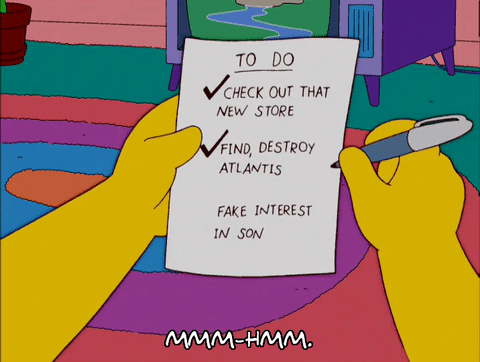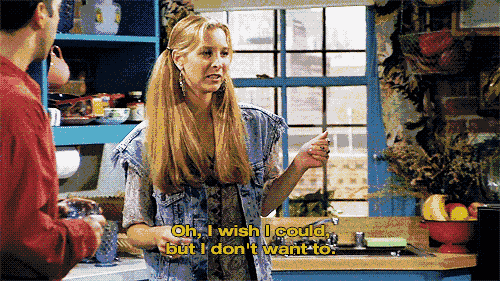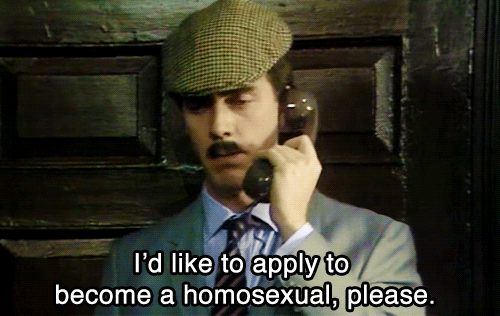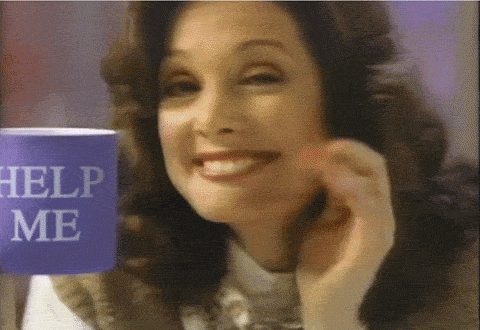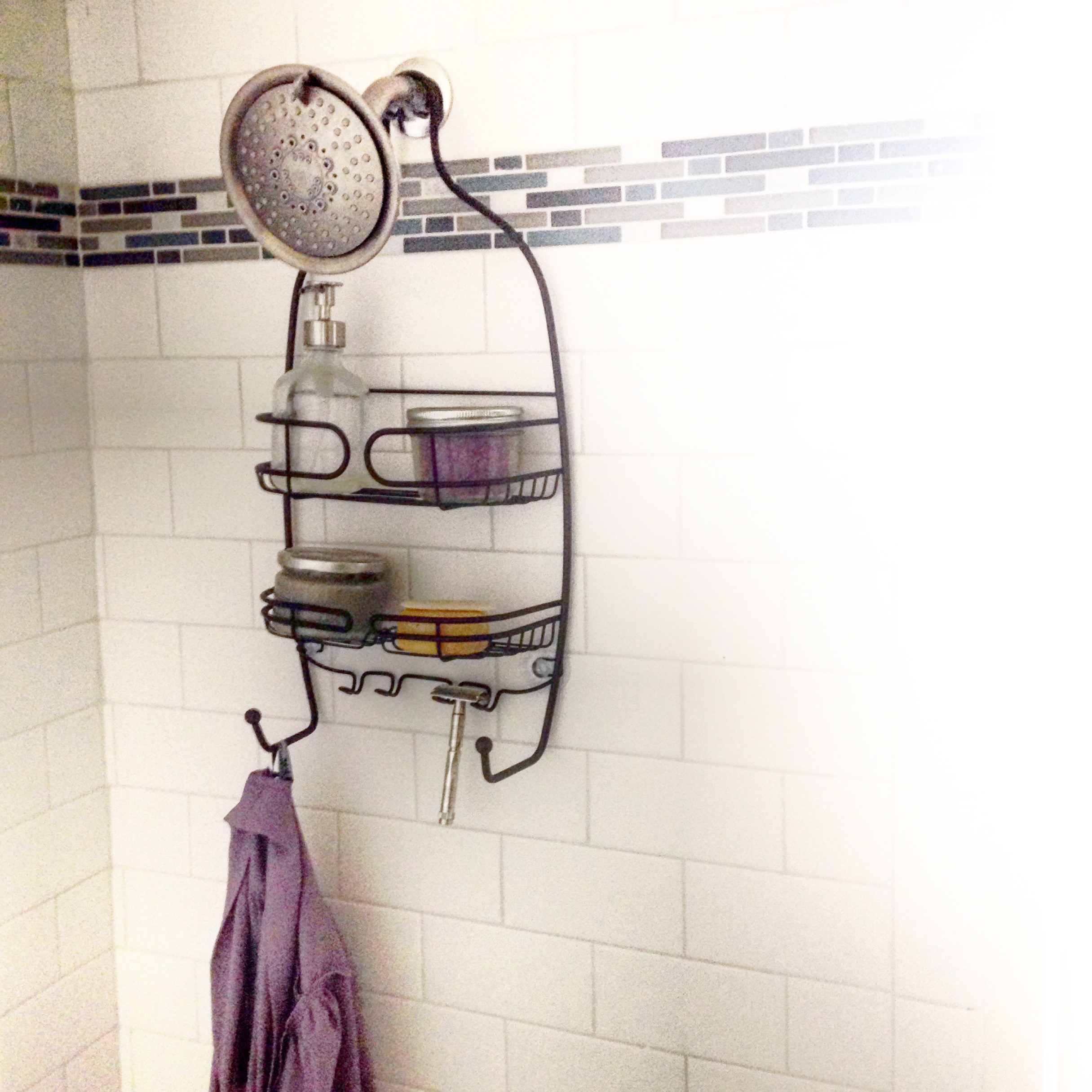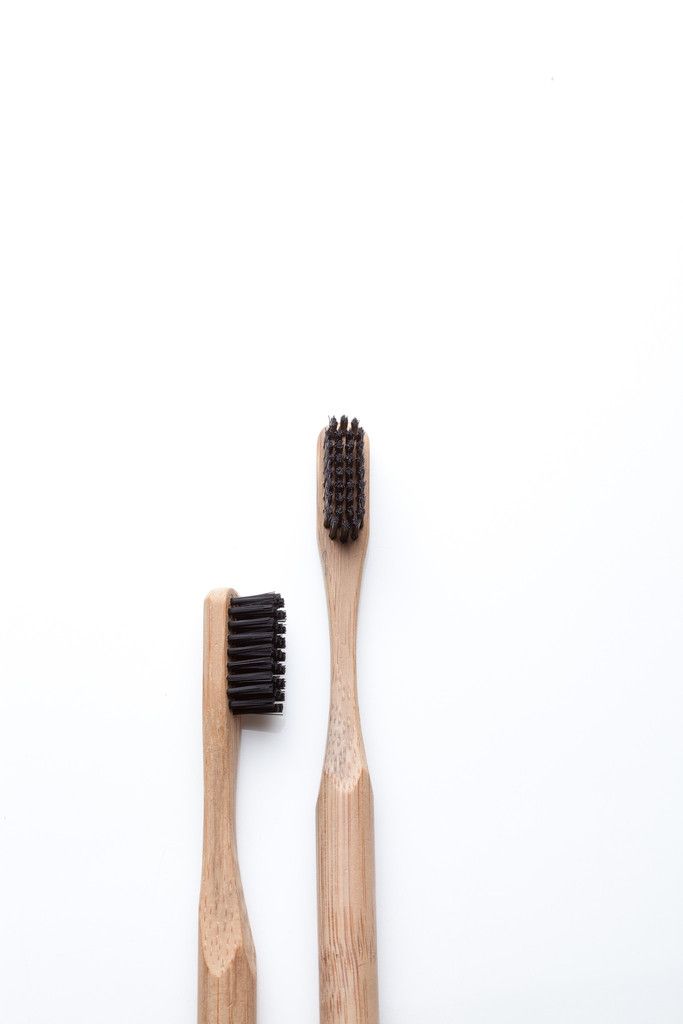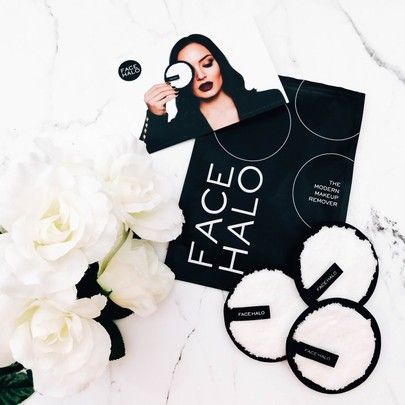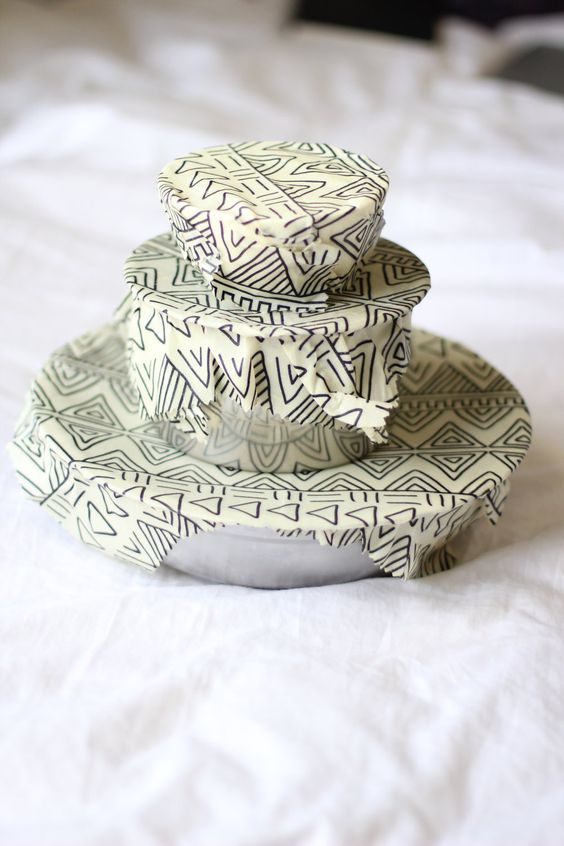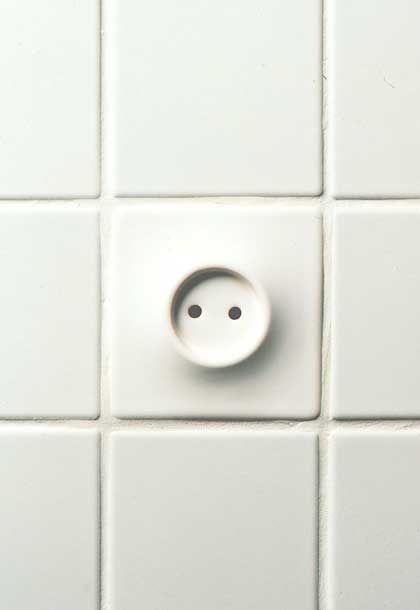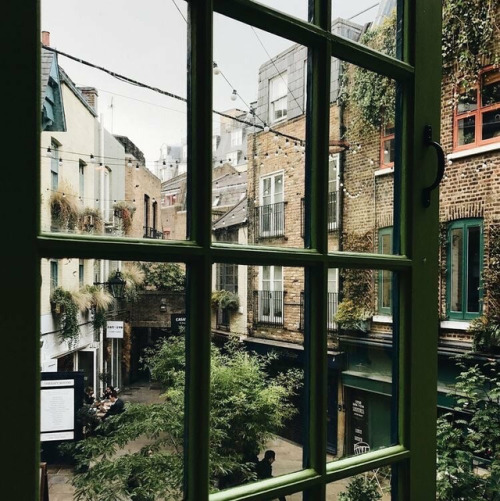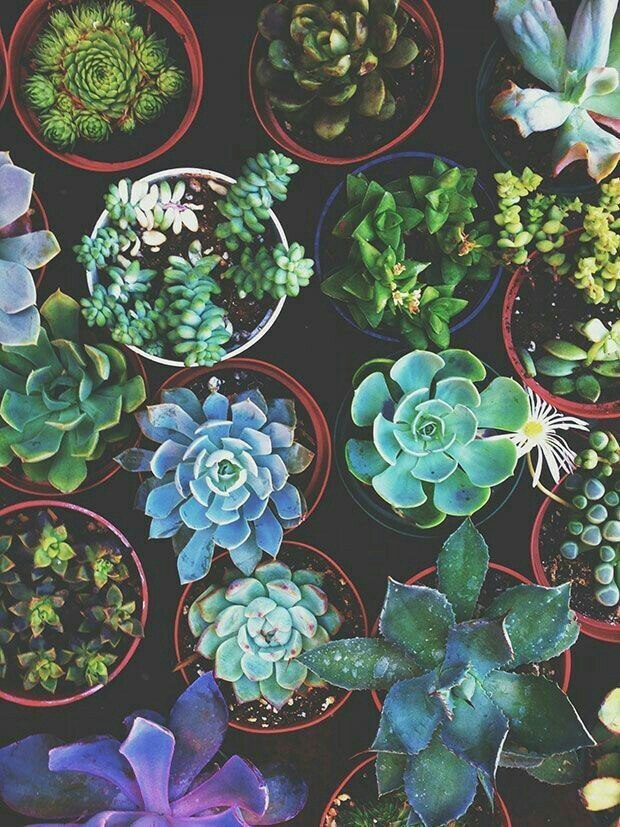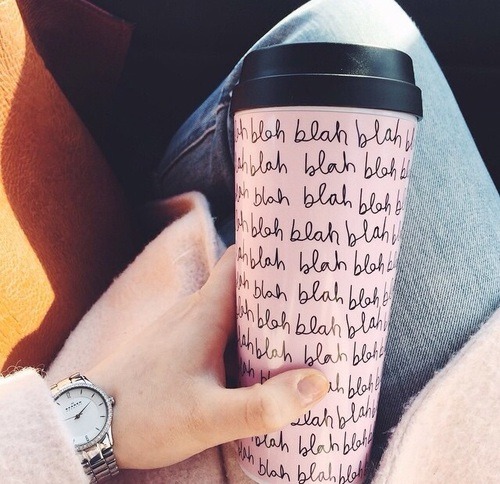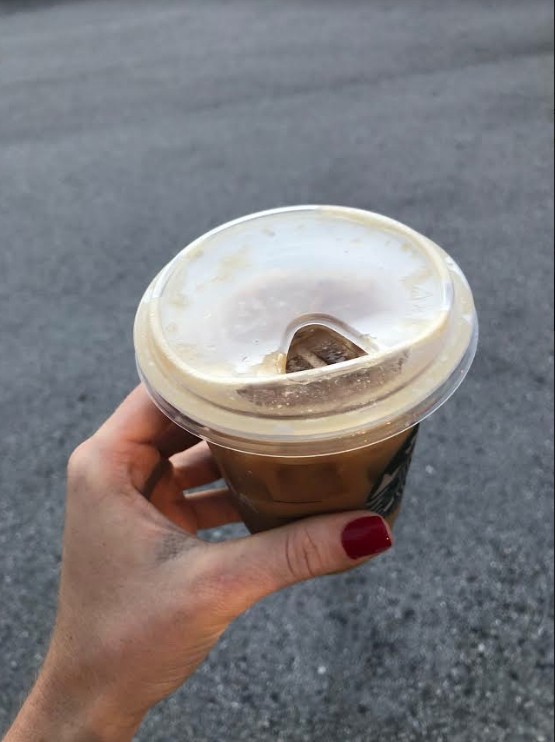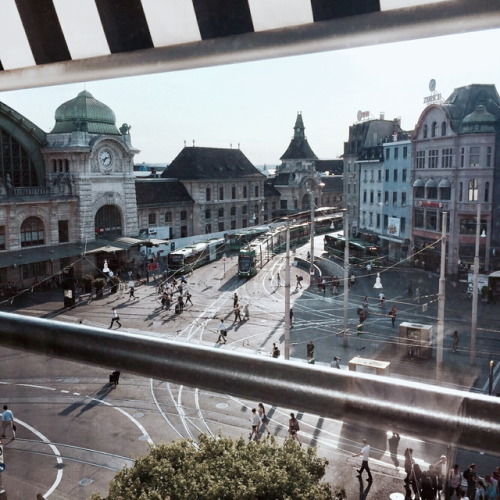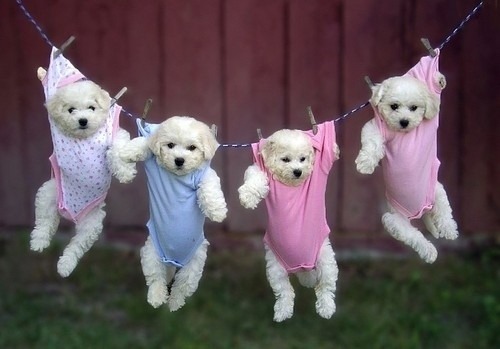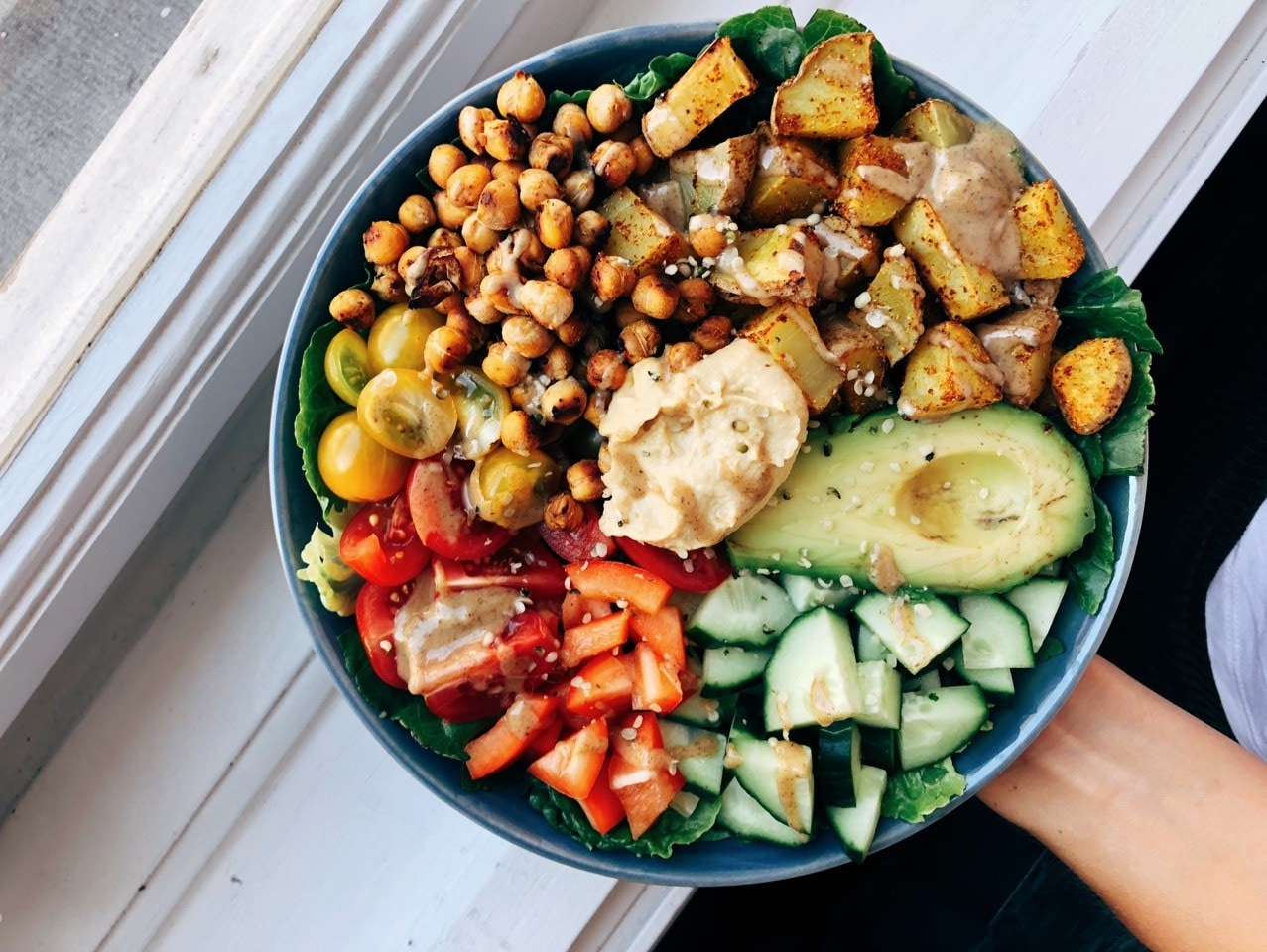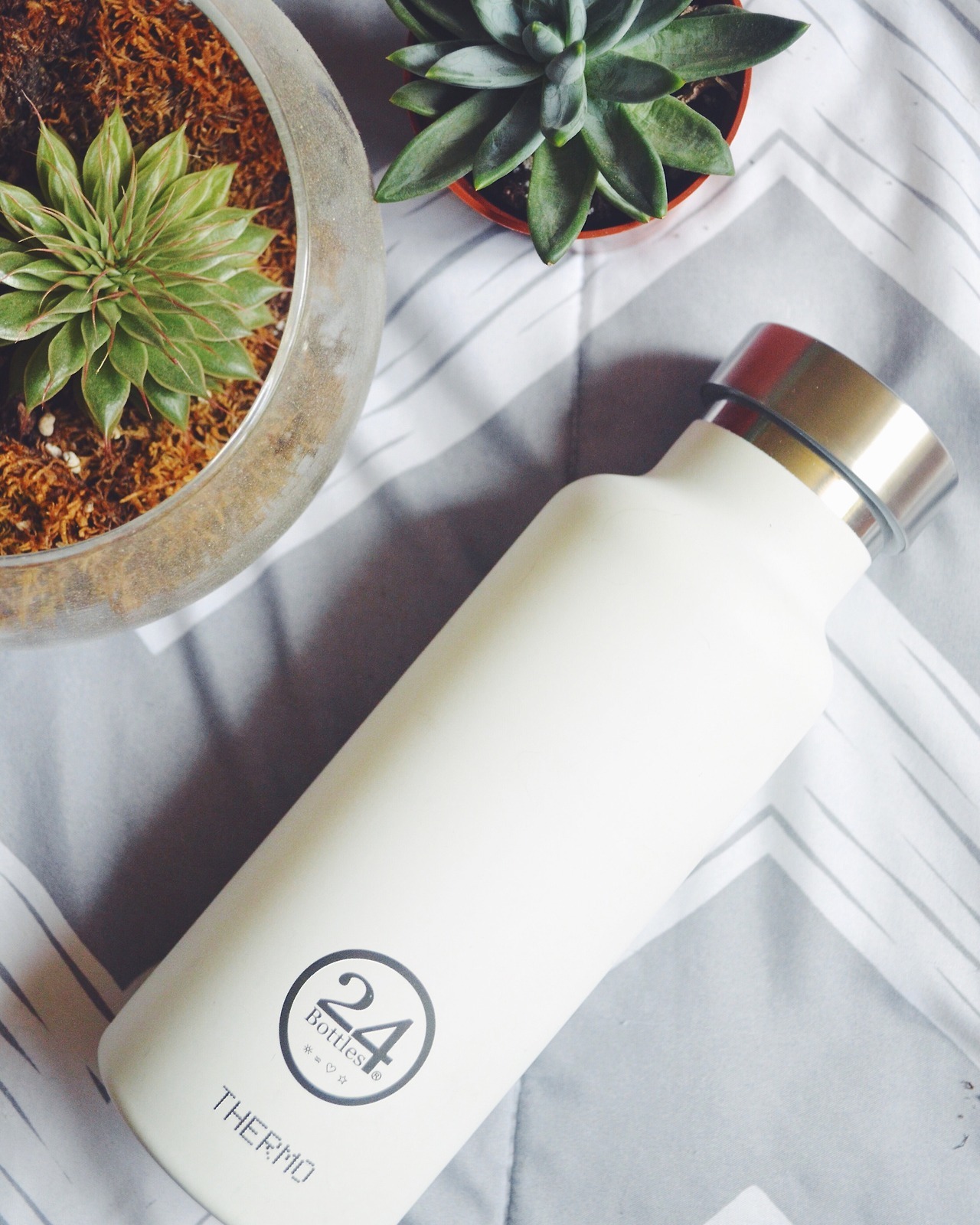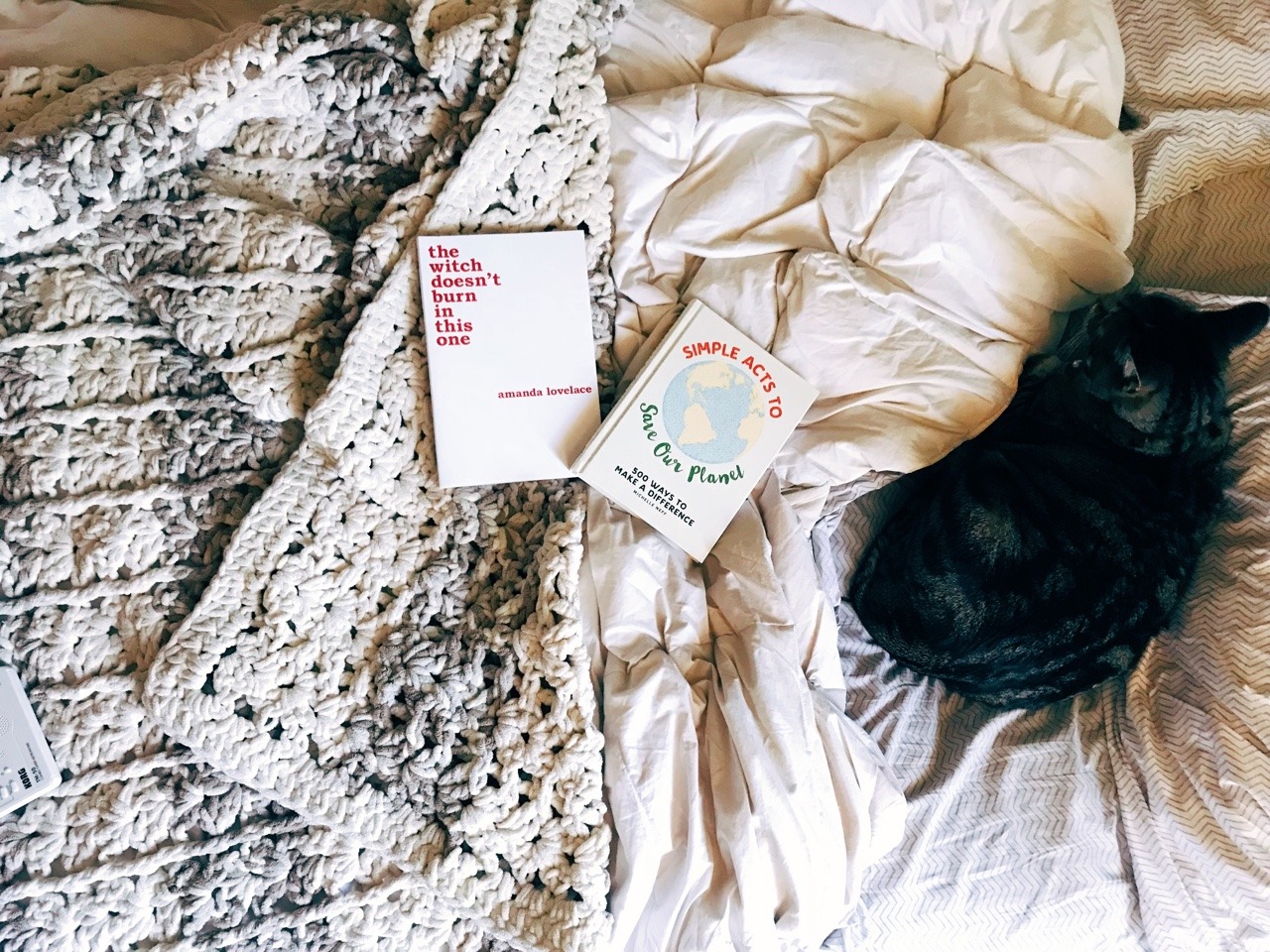I’m a huge bookworm. For me, books win over movies and TV every single time. My favourite smell in the entire world is the smell of a new book (as my boyfriend so eloquently put it, “I got that when I noticed you sniffing your books like a crackhead”). The worst thing is being unable to find a good book to read; it’s so frustrating getting halfway through a book and realising it just isn’t your cup of tea, or searching for ages in a bookstore only to come out empty-handed.
So for anyone else who despises that lull between good reads, here’s a list of my current favourites. I’ll update this list as new books worth reading hit my shelves, so check back if you need fresh reading inspo. Note—these aren’t all new releases! They’re just my current favourites and books that I’ve finished fairly recently.
If you have any books you think I should read, please shoot me a message or comment on this post; I’m always looking for something new!
Happy reading!
Harry Potter
J.K. Rowling
Duh. This one is a total given and anyone who knows me knows that this will always be top of my list. I always feel like I need to defend Harry Potter, though, because I think people tend to be under the assumption that you have to be into the fantasy genre to like this series. This is so far from the truth! I didn’t get into Harry Potter until I was in high school, the year the final movie came out in theatres. I had literally zero interest in the series until I was forced to watch all the movies with a friend for—no joke—lack of anything better to do. After that, I became completely hooked and have since read the series through a few times. I don’t read or watch any other fantasy novels/movies, even though I’ve tried to get into the genre, but I remain in love with Harry Potter. Must must must read!
Conversations With Friends
Sally Rooney
This novel is about an Irish college student named Frances, her best friend/ex-girlfriend Bobbi, and their separate, but equally as problematic affairs with a married couple. There’s a pattern of self-destruction within Frances that makes it hard to decide whether you hate her, love her, or see yourself in her (maybe all of the above?). To me, this novel feels strongly like a modern-day rendition of Sylvia Plath’s The Bell Jar. It’s one of my all-time favourite novels; I’ve read it about four times (certain parts even more) and annotated everything in it to the point where there’s no longer any room in the margins. I can’t say enough good things about this one!
Bohemians, Bootleggers, Flappers, & Swells: The Best of Early Vanity Fair
Ed. Graydon Carter and David Friend
This is a collection of the best essays and articles from Vanity Fair throughout the early 20th century. It’s definitely not the book for everyone, but I was enamoured the whole way through. It provides a really interesting look into the minds of journalists, essayists, and consumers in the 1910s/20s/30s. Also very cool seeing subtle nods towards the beginnings of different social movements like feminism and civil rights!
A Thousand Splendid Suns
Khaled Hosseini
Have the tissues ready for this one. This is a novel set in Afghanistan and follows two women, very different in age, who end up married to the same man; the older, Miriam, helps the younger, Laila, escape their abusive husband. It has obvious mother-daughter and self-sacrificial themes throughout the novel, reminiscent of Khaled Hosseini’s first novel, The Kite Runner (another one I highly recommend).
Me Before You; After You; Still Me
Jojo Moyes
I’m a big fan of all of Jojo Moyes’ writing. Her books are generally easy reads, but super captivating and emotional at the same time. I’m especially in love with her Me Before You series. I initially got hooked after watching the movie with Emilia Clarke and Sam Claflin. I was worried that the sequels wouldn’t live up to the first, especially considering how the first book ended, but all three of them are amazing reads! Highly recommend if you’re looking for a “fluff” read or a romantic novel.
Jasper Jones
Craig Silvey
This one reminds me so much of To Kill A Mockingbird, only it’s set in 1960s Australia and focuses on an Aboriginal man instead of an African American man. It details the story of high school-aged boy named Charlie who gets caught up in a murder case of a girl from his school. Jasper Jones, an Aboriginal boy and town outcast/scapegoat, is thought to have murdered the girl, but matters become complicated when Charlie finds out that Jasper was in love with the girl and the two had been planning to run away together before her death. I was on the edge of my seat the entire time I was reading this book, and shed real tears (maybe even more than once).
Outline
Rachel Cusk
This is a really interesting novel. If I’m being honest, I picked it off the shelf at Reading’s simply because it had a nice-looking cover. It’s a novel set in 10 different conversations/narratives; each chapter is a new dialogue between the main character and a secondary character. The book teaches a lot about relationships (especially failed ones) and personal losses. It wasn’t what I had expected when I bought the book (not that I was really expecting anything in particular seeing as I hadn’t even read the description), but it didn’t disappoint. Not exactly a light read, but a good one nonetheless!
Got some suggestions for me? Comment your favourite books below!




